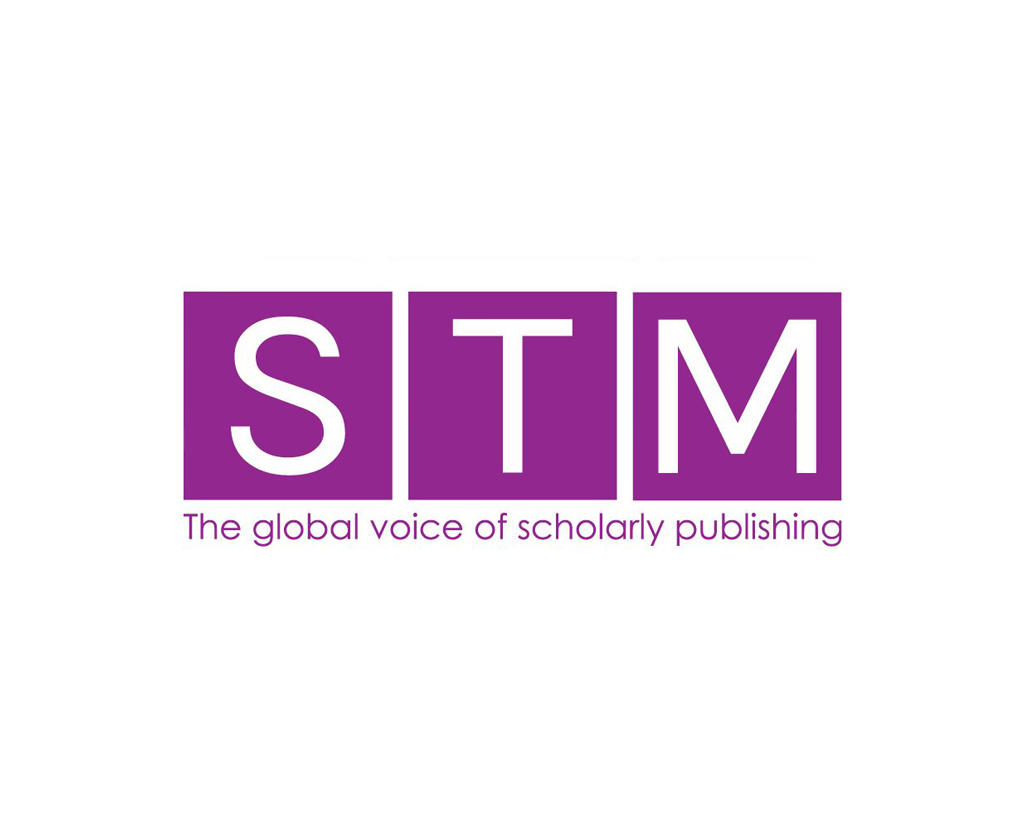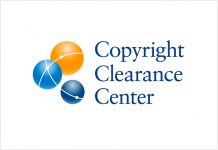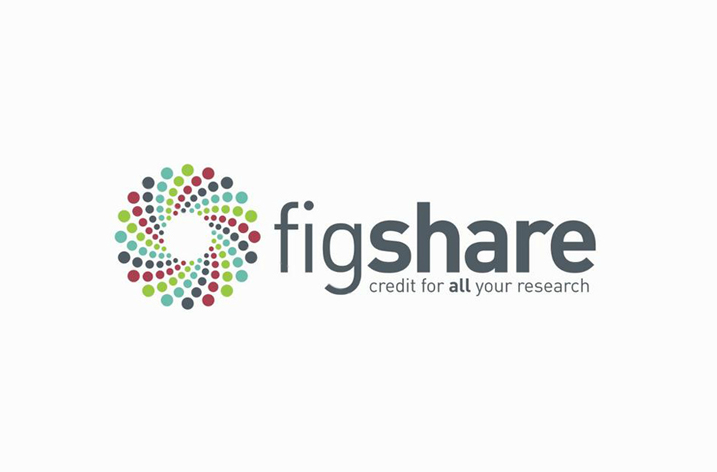
For full details and to book please click here to visit the STM Association events page.
Seminar Co Directors: Tasha Mellins-Cohen, Semantico
Janine Burr-Willans, Emerald Publishing
Continuing the successful series of Digital Publishing seminars, in 2016 we are bringing together industry-leading digital operations experts to give you an insight into some of the trickiest challenges facing us today.
The morning sessions will be opened by the ever-entertaining Simon Inger, with the low down on the fragmented mess that is today’s discoverability environment, and how we got here. Lorraine Estelle’s essential update on the upcoming Release 5 of the COUNTER Code of Practice –- something which will impact on everyone across the publishing sector during 2017!
Richard Wynne will chair a panel session on CRediT, the fascinating taxonomy-based initiative which aims to better communicate the different contributor roles in research outputs, before handing over to Iain Hrynaszkiewicz andIan Mulvany, who will give us sessions on the practicalities of data publishing and versioning content. HeatherFlanagan and her panel will then be introducing us to the detail of identity for institutions – and how this links in to individual, federated identities.
Later in the day, Bill Kasdorf brings back his much-anticipated tech standards update, this year accompanied byMarjorie M.K. Hlava, who’ll be taking us through the wonderful world of metadata standards.
Closing the afternoon is Louise Russell’s panel on women in publishing, including ideas from the panelists about practical measures we can take to redress the balance.
TUESDAY 6 DECEMBER
| 08 15 | Registration & refreshments |
| 09 00 | Introduction Tasha MC & Janine BW |
| 09 15 | Keynote: Why discovery is a mess Simon Inger, Consultant, Simon Inger Consulting Ltd.Perhaps twenty years ago now we all mused as to whether Content or Context would be crowned King. Since that time most publishers have concentrated on making their content and web presence the very best but often paid only scant attention to how subscribers would find their content. Meanwhile a battle rages on in discovery, with many players trying to dominate the space. At the same time librarians strive to keep discovery compatible with preferred methods of access, but the end result for the reader is at best confusing, and at worst chaotic. How on Earth did we get here? How can we fix it? |
| 10 00 | COUNTER release 5 for publishers Lorraine Estelle, Director of COUNTERCOUNTER published its first Code of Practice in 2003 and has since been improving this international standard to meet the evolving needs of its library, publisher and vendor membership. Work is now underway on Release 5 of the COUNTER Code of Practice with a promise that it will provide improved reporting on usage of scholarly information in an ever-changing discovery and access environment. The challenge for Release 5 will be to find the balance between addressing changing needs and reducing the complexity of the Code of Practice to ensure that all publishers and content providers are able to achieve compliance. The major themes of Release 5 are consistency, clarity, simplification, flexibility and continuous maintenance. This presentation addresses how Release 5 aim to address current challenges. |
| 10 30 | Refreshment break |
| 11 00 | Panel: Giving CRediT where it is due
Moderated by Richard Wynne, Vice President Sales and Marketing, Aries Systems More than $1.6 trillion are invested each year in research funding. There is an understandable desire to know more about how this money is spent! ORCID can help identify “who” did the research. But, it would be useful to know “what” they did. This panel will discuss the objectives of research funders (Wellcome Trust) and needs of academics for a better recognition system (Academy of Medical Sciences). We will discuss the relevance of CRediT (http://ref.casrai.org/CRediT) to these questions, and explore the practical issues of collecting CRediT during journal workflow. The audience will be asked if contributor recognition is a problem or an opportunity for journals. Chonnettia Jones Philippa Saunders, Professor of Reproductive Steroids & Director of Postgraduate Research for CMVM, University of Edinburgh |
| 11 45 | Research data – from policy to practice Iain Hrynaszkiewicz, Head of Data Publishing, Springer NatureThe number of funders, journals and institutions with a research data policy is growing and this will help increase the availability of data that support scholarly publications. But the research data policy landscape is complex, lacking standards and, often, precise information on what policies mean in practice. There are numerous benefits of publishing research data but for many authors and editors, compliance with policy and community expectations remains the primary concern – and challenge. Standardisation and wider adoption of data sharing policies have begun receiving attention from publishers and editors. The International Committee of Medical Journal Editors (ICMJE) announced a draft data sharing policy in 2016, and Springer Nature is implementing a standardised research data policy framework across all its 2,500+ journals, and is evaluating the costs and benefits of different approaches. There are pockets of sophisticated innovation in data publishing across the industry – from data visualisation to curation, citation and integration – but to engage the majority of the research community with data publishing, it may still be a case of going back to basics. |
| 12 15 | Versioning content Ian Mulvany, Head of Technology, eLifeExploring new ways to evaluate and publish great science is at the heart of what we do at eLife. We are particularly interested in how new technologies can help and have recently achieved a significant landmark that we hope will help us, and others, improve how science is published online. Until recently, the eLife journal has been hosted by Highwire Press, who helped us to build and launch the journal website under a very tight schedule in 2012. However, to fully explore how we might bring science to life in a digital environment, we need to have as much control as possible over the tools that we use. So, last year, we made the decision to build our own publishing platform: eLife Continuum. The name comes from our desire to create a platform that fully supports continuous publication, and that will continually develop, which is part of the eLife philosophy.” |
| 12 45 | Lunch |
| 14 00 | Technical standards update Bill Kasdorf, Vice President and principal consultant of Apex Content Solutions .Our technical landscape continues to evolve, both within the scholarly publishing space and the wider publishing ecosystem. In this session, Bill Kasdorf will provide his annual update of the key developments that scholarly publishers need to be aware of. The biggest of these—the outcome of which is unknown as this is written—is the proposed combination of the IDPF (which governs the EPUB standard, the de facto format for distributing reflowable, accessible publications) and the W3C (which governs most web standards—XML, HTML, CSS, SVG, MathML, and many, many others). The outcome of that initiative will have an enormous impact on the fundamental technologies we all use. In addition, there are very significant developments in accessibility standards that promise to harmonize such standards globally and bring much-needed clarification and consistency to the specifications and requirements, making it much easier for publishers to ensure that their content is accessible. Services we all depend on—such as those from Crossref—continue to evolve to address the needs of scholarly book and journal publishers. Bill will provide an engaging overview of these and other important developments. This year, Bill will be accompanied by Margie Hlava, who will provide a similar update to metadata standards. |
| 14 40 | Marjorie M.K. Hlava, President, Chairman, and founder of Access Innovations, Inc
New principles are evolving for the publishing of metadata including ORCID, CREdit, Dublin Core, Taxonomies, revision of the Standard Name Identifier (SAN), the International Standard Work Code (ISWC) which covers a family of other identifiers including the ISBN, ISSN, ISAN, and more. Increasing and competing identifier systems challenge the publishing pipeline, while increasingly allowing the linking of data via identifiers. These links combined with concept tagging support the building of triple stores for fast transactional processing and searching of disparate collections as an apparently single unit. The power of leveraging the metadata standards is only beginning to be realized. When put in place much information can be mined from your information, trends and markets identified. Production level values measured for quality assurance data collection. This presentation will present those standards, evolving best practice guidelines, and where to use in the publishing pipeline and platform. Which ones are they? Where they fit? When should they be added? Which should be exported and which are for internal use? |
| 15 15 | Refreshment break |
| 15 45 | Panel: Identity for institutions
Moderated by Heather Flanagan, Spherical Cow Consulting In this day of collaboration across institutional borders, business sectors, and even geopolitical boundaries, understanding the complexities and possibilities for identity management is crucial for supporting Internet-based services. This session will bring together experts from the publishing industry, research, and identity management to discuss the state of policy and technology in this space. The panel will focus on the scholarly publishing use case and the benefits and challenges of federated identity. |
| 16 15 | Panel: Women in publishing: furthering the debate
Moderated by Louise Russell, Tutton-Russell Consulting Despite women accounting for 58% of the scholarly publishing workforce, representation at CEO and board level remains low, with women occupying just a third of CEO positions. Recent conferences and publications within the industry arena have thrown a fresh spotlight on the issue and this panel picks up the mantel to further this important industry debate. Our diverse panel will be focusing on the key questions, including |
| 17 00 | Close |
Events Terms and Conditions
Cancellation
Cancellations made in writing up to 30 days before an event are eligible for a 50% refund. No refunds can be made for cancellations received on or after 30 days prior to the event date, however, substitutions may be made free of charge at any time.
Insurance
Registration fees do not include insurance. Participants are advised to take out adequate personal insurance to cover travel, accommodation, cancellation and personal effects.



























